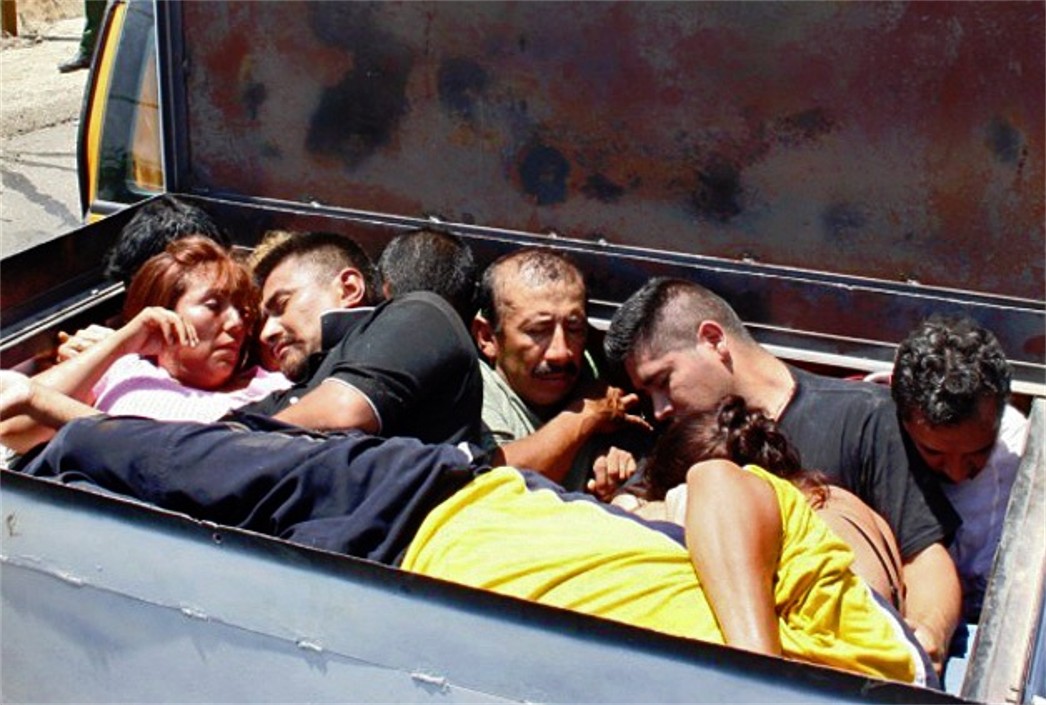Smuggling is a
crucial issue in the world, with a large number of countries affected by it. According
to the Executive Office for United States Attorneys, the number of convicted
smugglers of migrants rose significantly, from 589 in 1995 to 2,457 in 2004
(UNODC, 2011). Meanwhile, about 65,000 illegal migrants landed in Italy, Malta
and Spain in 2006 (UNODC, 2009). In Indonesia, people smuggling cases increased
24,78% in 2012 according to Polri. It is truly a serious threat for
transnational security and stability since the smugglers constantly violate migration
laws, cross border regulations, and visa requirements.
People
smuggling has brought many negative impacts, especially to the countries of
origin, transit, and destination. Smuggler migrants are not properly identified
since they have no legal documents. It would be serious security and criminal
concerns as they commit crime in one country and could be remain undetectable. Besides,
the smuggler migrants might be carrier for infectious disease or other health
risks to the citizen. It is possible because they evade national border
control.
The
smuggler migrants are also prone to human rights abuses and violation. They are
willing to travel through unrecognized routes without any guarantee for their
safety. In some cases, smuggling leads to human trafficking and exploitation.
It could cost them their lives and totally not worth the money they had paid to
the smugglers.
Those
implications of people smuggling highlight the importance to fight against it. In
order to increase international cooperation, United Nations is the essential
component. UN can accelerate the solutions people smuggling, such as encourage cooperation
between international law enforcement agencies, enable information sharing
between country officials, or conduct joint immigration surveillance.
 |
| Picture source : google.com |




0 comments:
Posting Komentar